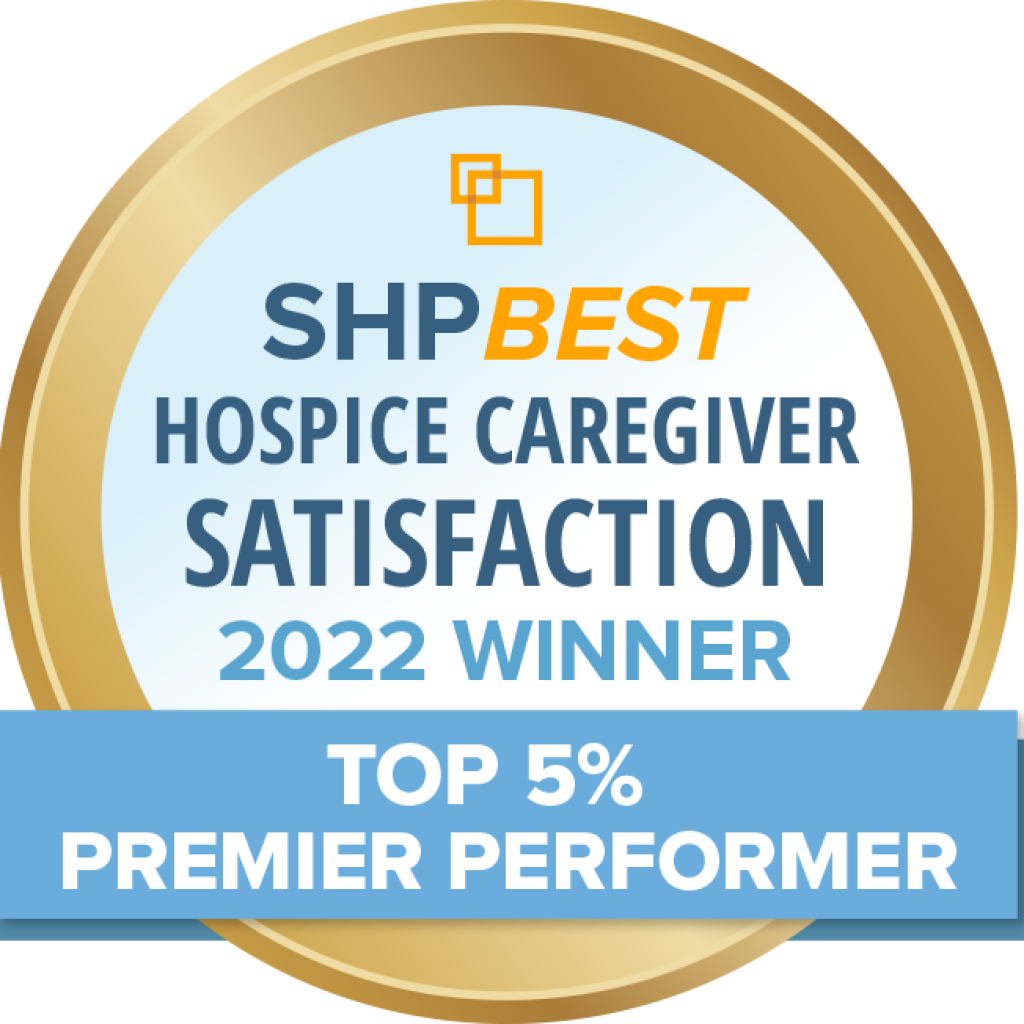An Aging Population And Other Outside Factors Means More People Are Turning To In Home Health Care in Virginia
As the population ages, and hospitals cut back on their stays, more and more people will be looking to home health care as an alternative. Did you know that home care is approximately two-thirds less expensive than hospital or nursing home care? Knowing the options for the continuum of care can help alleviate some of the anxiety that occurs when a loved one leaves the hospital or has increasing medical needs.
The pace and unfamiliar surroundings of a hospital or nursing home can be confusing. Not only is the financial burden of a hospital stay alleviated with home care, studies show that patients with home care often enjoy a faster rate of recovery and the chance of further hospitalization is minimized. The decision to choose a home care giver can seem overwhelming, but the points outlined below should direct you to resources that will make the process much easier. Not only do you want to ensure that the care you will be receiving is of the highest quality, but, also, that the caregiver will respect your lifestyle as well as your home.
Finding Qualified Agencies
Some of the first things to consider when choosing a home health agency are:- Type of care or services that will be needed,
- The care giver’s level of training, and
- The financial coverage provided by your insurance or Medicare.
Questions To Ask a Home Health Care Agency
Once you have a list of potential agencies, it is time to ask about specific care services, as well as the personal standards demanded of the clinicians.- What type of license does your agency have?
- How soon after discharge from the hospital will your plan of care begin?
- What is the evaluation process for developing a care plan for the patient and assigning care givers?
- Does a nurse or therapist consult the patients’ family and physicians?
- How frequently will there be feedback and updates regarding the patient’s progress?
- How detailed is that patient’s course of treatment?
- How often does the care giver update the family members and doctor?
- What procedures does this provider have in place to handle emergencies?
- Are its caregivers available 24 hours a day, seven days a week?
Additional Considerations
- References should be availableThe area on Aging that covers the Richmond area is Senior Connections
- Eligibility for MedicareUS citizens, age 65 years or older, who have contributed to Social security, are eligible for Medicare benefits. Medicare will pay for an unlimited number of visits provided the criteria listed below are met on a continuous basis. Medicaid is for the poorer population and eligibility in Virginia needs to be checked as legislation is currently being altered.
- Home Health Care Eligibility under Medicare
- Must be homebound. This term means confined primarily to the home as a result of medical reasons.
- Intermittent need for temporary nursing care or physical therapy. Examples of this are when a patient suffers from Congestive Heart Failure after a hospitalization; or the need for physical therapy after a joint replacement.
- A physician’s order and plan of care need to be coordinated with your doctor and a home health agency.
- Private Insurance Usually follows Medicare criteria, although each insurance policy may have different coverage benefits and different co-pay amounts. Call your insurance company and ask for specific benefits and service.
- The Types of Services found at Home Care Providers
- Nurses (Registered Nurses and Licensed Practical Nurses)
- Certified Nursing Assistants
- Physical Therapists
- Home Health Aides
- Speech Language Pathologists (speech therapists)
- Occupational Therapists
- Medical Social Workers
- Companions (sitters) –Personal Care & Private Duty



